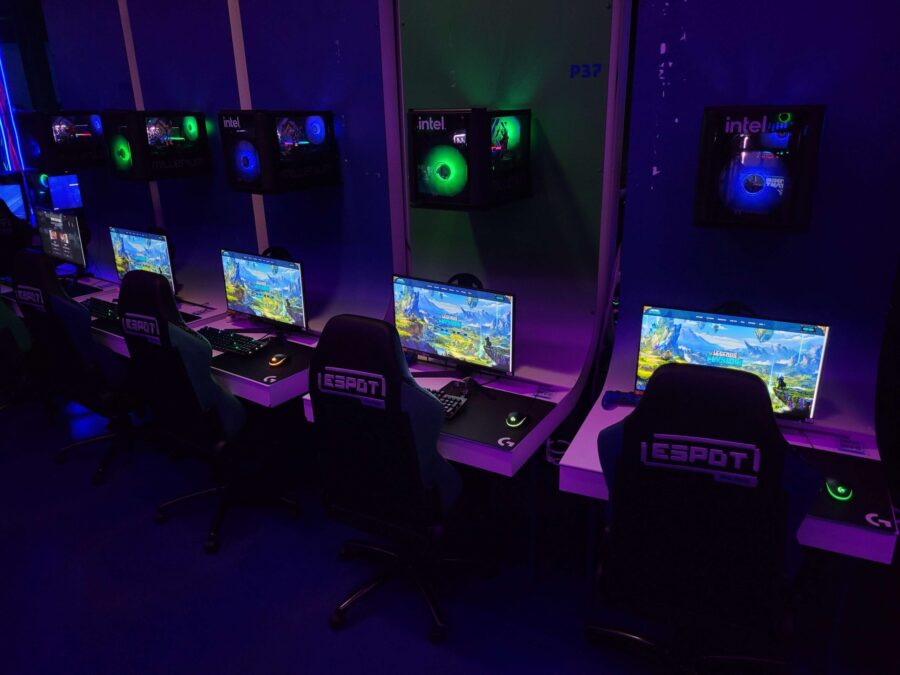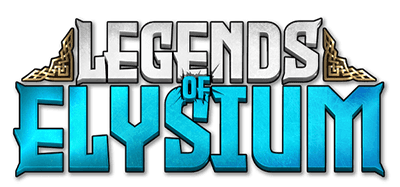The Future of Gaming: DeFi, Fun, and Multi-Platform Ecosystems
Blockchain technology has been making waves in various industries, and the gaming sector is no exception. With the advent of Decentralized Finance (DeFi) and Non-Fungible Tokens (NFTs), blockchain gaming has been gaining significant traction. However, the industry has experienced a slowdown in recent years. According to Michael Anderson, co-founder and partner of Framework Ventures, this trend can be reversed if developers can effectively leverage token potential, eliminate friction, and migrate across multiple platforms. This article delves into Anderson’s insights on how to revitalize the blockchain gaming industry.
The Importance of Fun and DeFi in Blockchain Gaming
Anderson suggests that the key to revitalizing the blockchain gaming industry lies in creating games that are “actually fun to play.” While the appeal of earning money can attract players to blockchain-powered games, the fun element should not be overlooked. The enjoyment derived from playing the game should be a more significant factor in persuading players to engage with blockchain-powered games. However, the crypto component can still play a crucial role. Anderson believes that the standout titles in the upcoming months will likely “take a page from DeFi” and “rely on token models that accrue value generated by their ecosystems.” This approach combines the fun element of gaming with the financial incentives provided by DeFi, creating a unique and engaging gaming experience.
Legends of Elysium stands out from the crowd with its unique features that are set to boost the popularity of Web3 gaming. It is simple Fun to Play. The game offers a rich, immersive world where players can explore, battle, and trade. The game’s characters, are unique and owned by the players, thanks to the Non-Fungible Token (NFT) technology. Furthermore, the game’s economy is designed to be fair and balanced, with the value of items determined by the market, not the developers.

Simplifying Wallet Setup and Establishing Multi-Platform Ecosystems
Another crucial aspect of revitalizing the blockchain gaming industry is simplifying the wallet setup process. If players acquire valuable digital goods, they’ll want to keep them safe. However, the process of setting up a wallet can be complex and daunting for many players. Anderson suggests that game developers are getting closer to expediting the registration process for players, which could significantly reduce friction and encourage more players to engage with blockchain games. Anderson also highlights the importance of game studios establishing multi-platform ecosystems and universes. This approach allows studios to create a variety of games that differ in platform, gameplay, and complexity, providing players with a diverse range of gaming experiences. According to Anderson, this model can help web 3 game studios penetrate the mainstream mobile gaming market.
Legends of Elysium fits this criteria by enabling social platform logging into the game. Gamers will benefit for this on several fields:
1. Ease of Access: Social logins simplify the registration process by allowing users to sign up using their existing social media accounts. This reduces the barrier to entry and can lead to increased user acquisition.
2. Personalization: Social logins can provide game developers with access to a user’s basic profile information, which can be used to personalize the gaming experience. This could include using the player’s real name or profile picture in the game, or tailoring the game’s content to the player’s interests.
3. Social Features: Social logins can facilitate social features within games, such as sharing achievements on social media, inviting friends to play, or comparing scores on leaderboards. These features can increase player engagement and retention.
4. Security: Social logins can also offer increased security. Reputable social media platforms have robust security measures in place to protect user data, and by using social logins, game developers can leverage these security measures rather than having to develop their own.
The Role of Tech Giants in Distributing Web3 Games
The distribution of web3 games has been given a significant boost with tech giants like Apple and Google relaxing their restrictions on blockchain-powered games. This development has opened up opportunities for distributing web3 games on iOS and Android platforms, which can significantly increase the reach of these games. Framework Ventures, which announced in 2017 that it has “earmarked” approximately $200 million for blockchain gaming, has financed video game initiatives including InfiniGods and Dynasty Studios. With its significant investment in the gaming industry, Framework Ventures is poised to play a crucial role in the future of blockchain gaming. The future of blockchain gaming lies in the effective integration of fun, DeFi, and multi-platform ecosystems. By creating enjoyable games that leverage token models, simplifying the wallet setup process, and establishing multi-platform ecosystems, game developers can revitalize the blockchain gaming industry and attract a wider audience. With tech giants like Apple and Google opening up their platforms for web3 games, the future of blockchain gaming looks promising.
